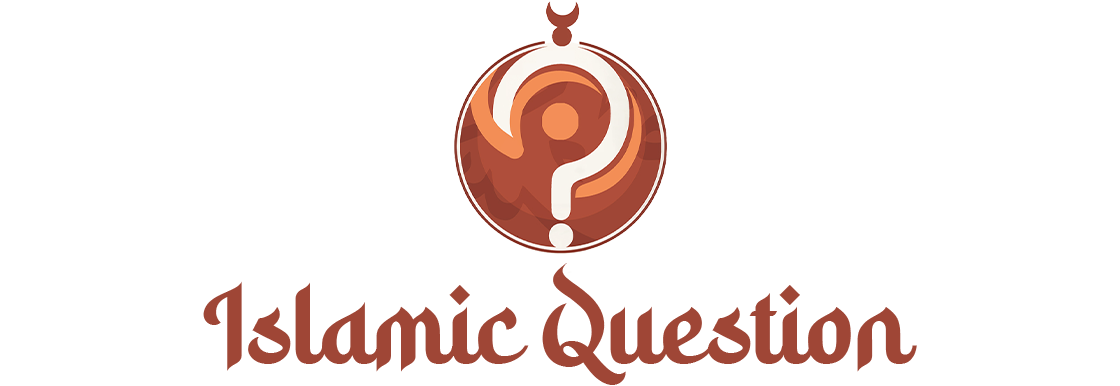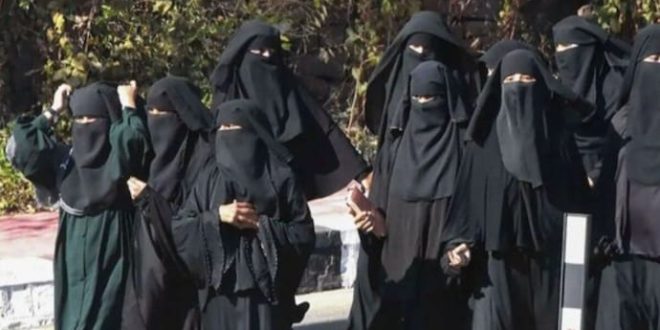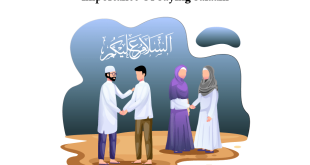France will ban children from wearing the abaya – the loose-fitting, full-length robe worn by some Muslim women – in state-run schools, the country’s education minister has said ahead of the back-to-school season.
France, which has enforced a strict ban on religious signs in state schools since 19th-century laws removed any traditional Catholic influence from public education, has struggled to update guidelines to deal with a growing Muslim minority.
French public schools do not permit the wearing of large crosses, Jewish kippas or Islamic headscarves.
In 2004, the country banned headscarves in schools, and in 2010, it passed a ban on full face veils in public, angering many in its five million-strong Muslim community.
“I have decided that the abaya could no longer be worn in schools,” Education Minister Gabriel Attal said in an interview with TV channel TF1. “When you walk into a classroom, you shouldn’t be able to identify the pupils’ religion just by looking at them.”
The move comes after months of debate over the wearing of abayas in French schools, where women have long been banned from wearing the hijab.
The right and far right had pushed for the ban, which the left argued would encroach on civil liberties.
Unlike headscarves, abayas occupied a grey area and faced no outright ban until now.
The French Council of Muslim Faith (CFCM), a national body encompassing many Muslim associations, has said items of clothing alone were not “a religious sign”.
Defending secularism is a rallying cry in France that resonates across the political spectrum, from left-wingers upholding the liberal values of the Enlightenment to far-right voters seeking a bulwark against the growing role of Islam in French society.
 Discover Anything Unlock the Universe: Discover Anything, Anytime, Anywhere
Discover Anything Unlock the Universe: Discover Anything, Anytime, Anywhere


